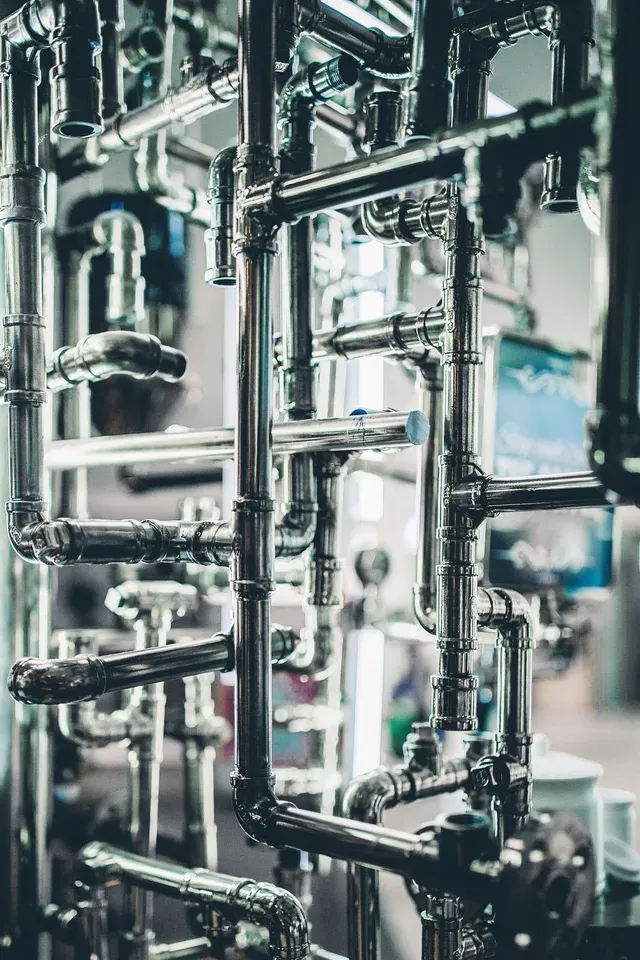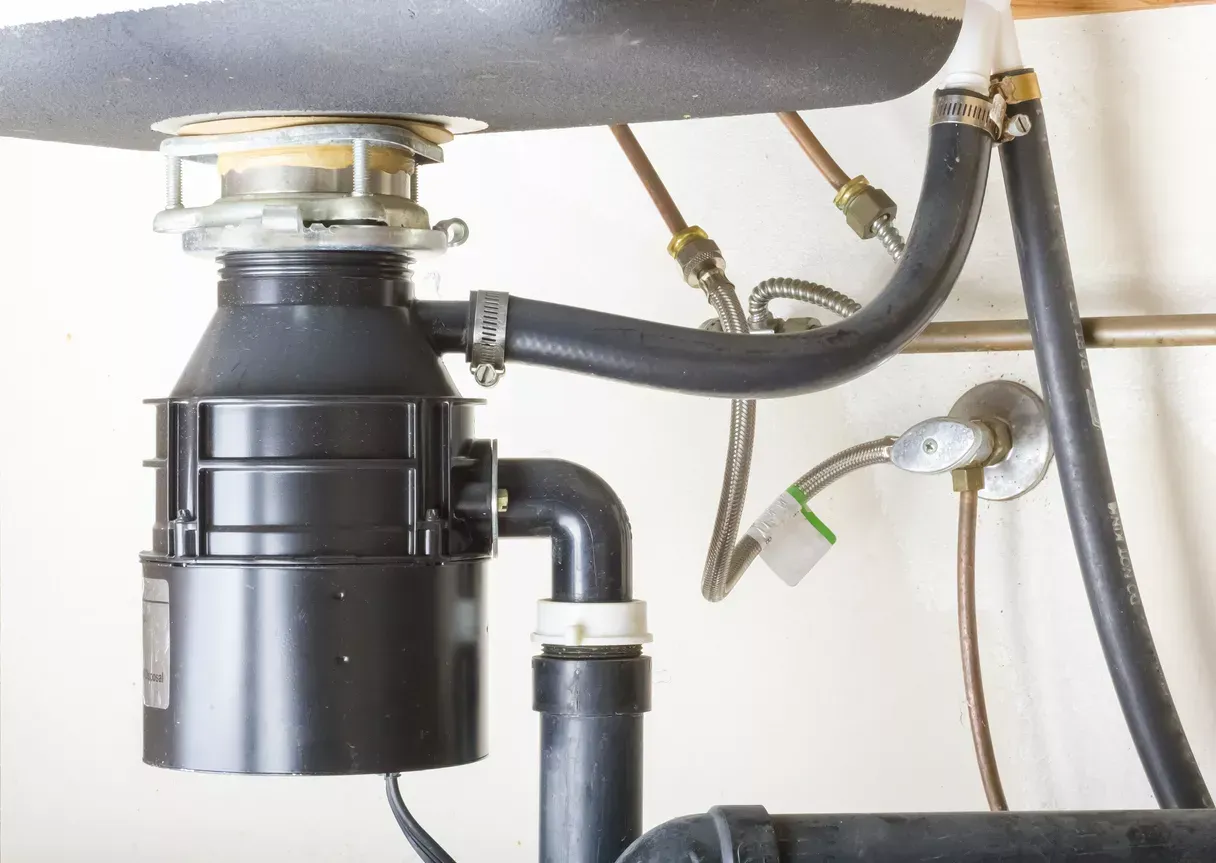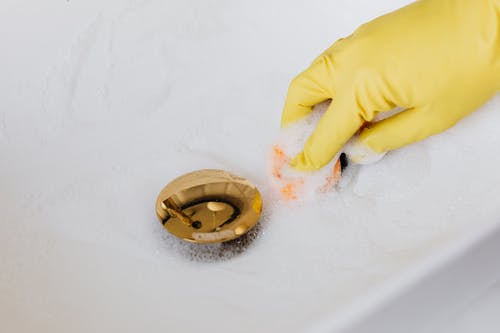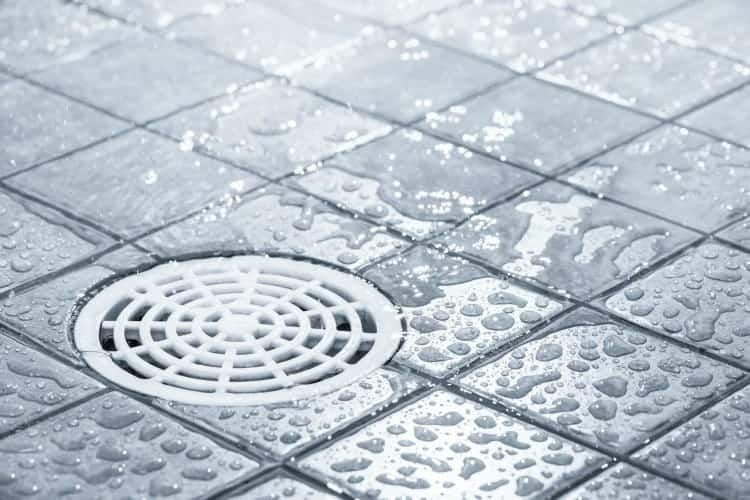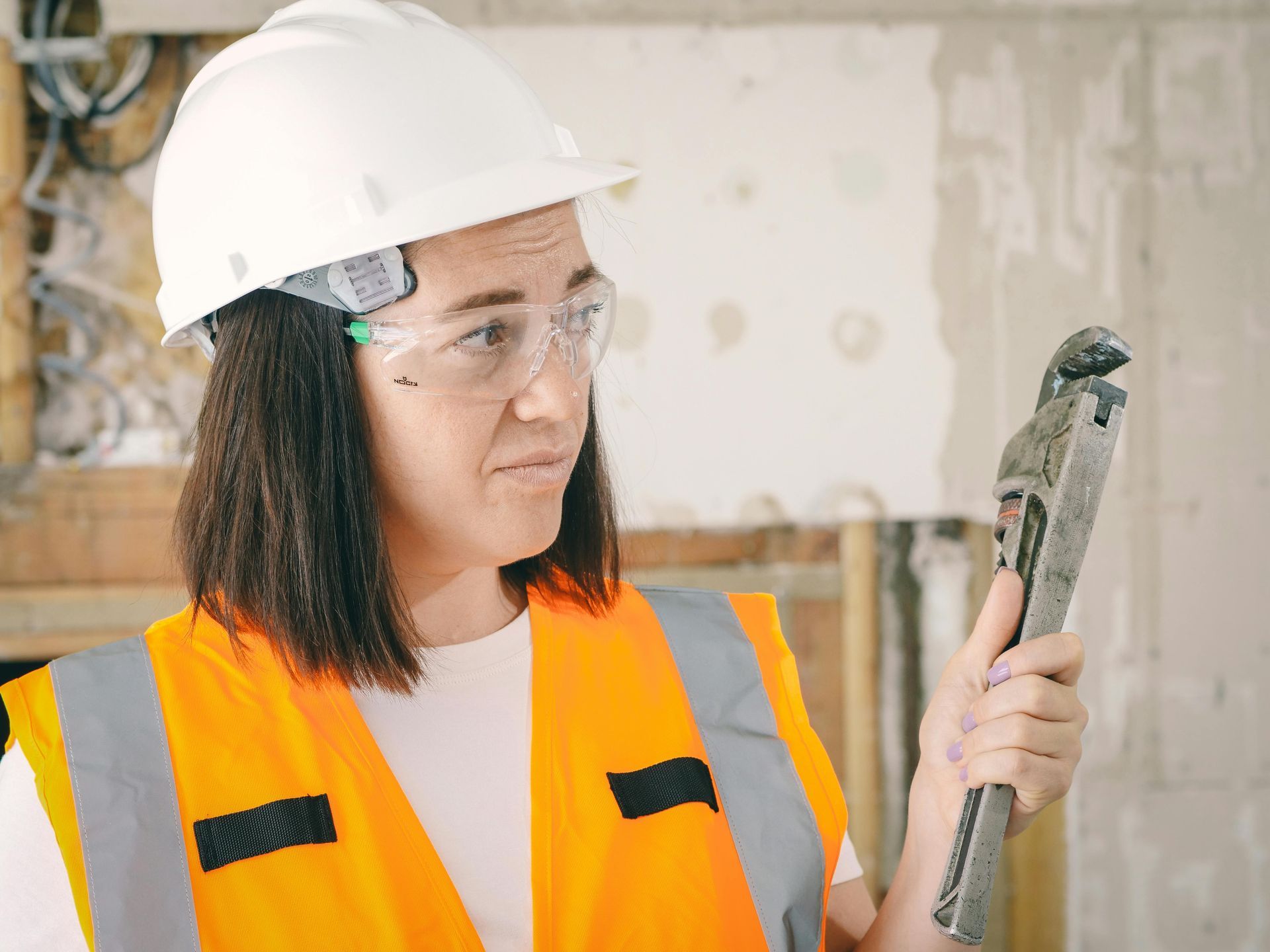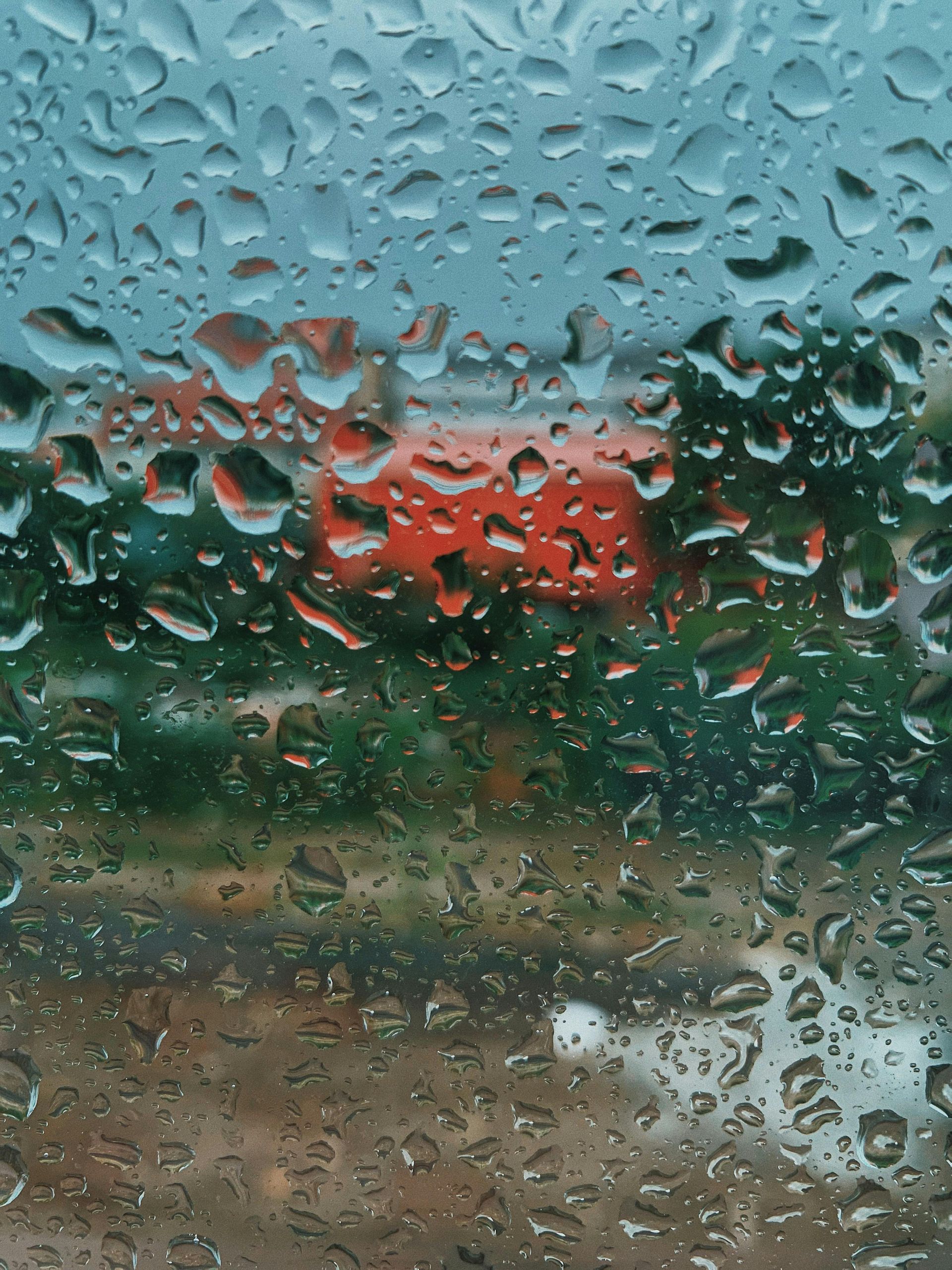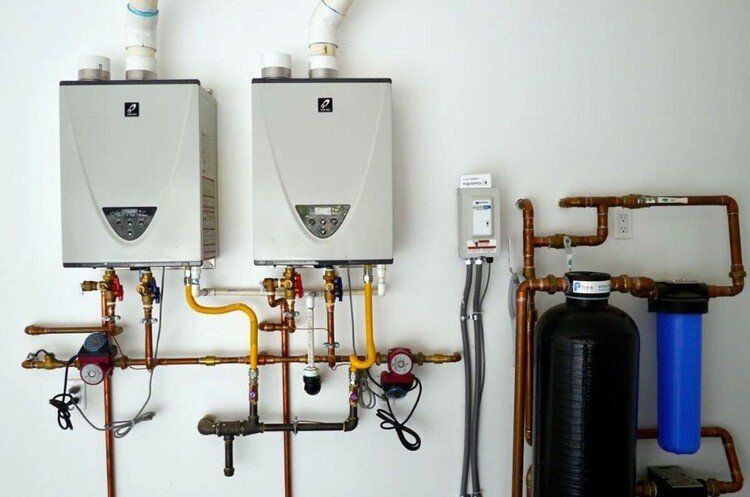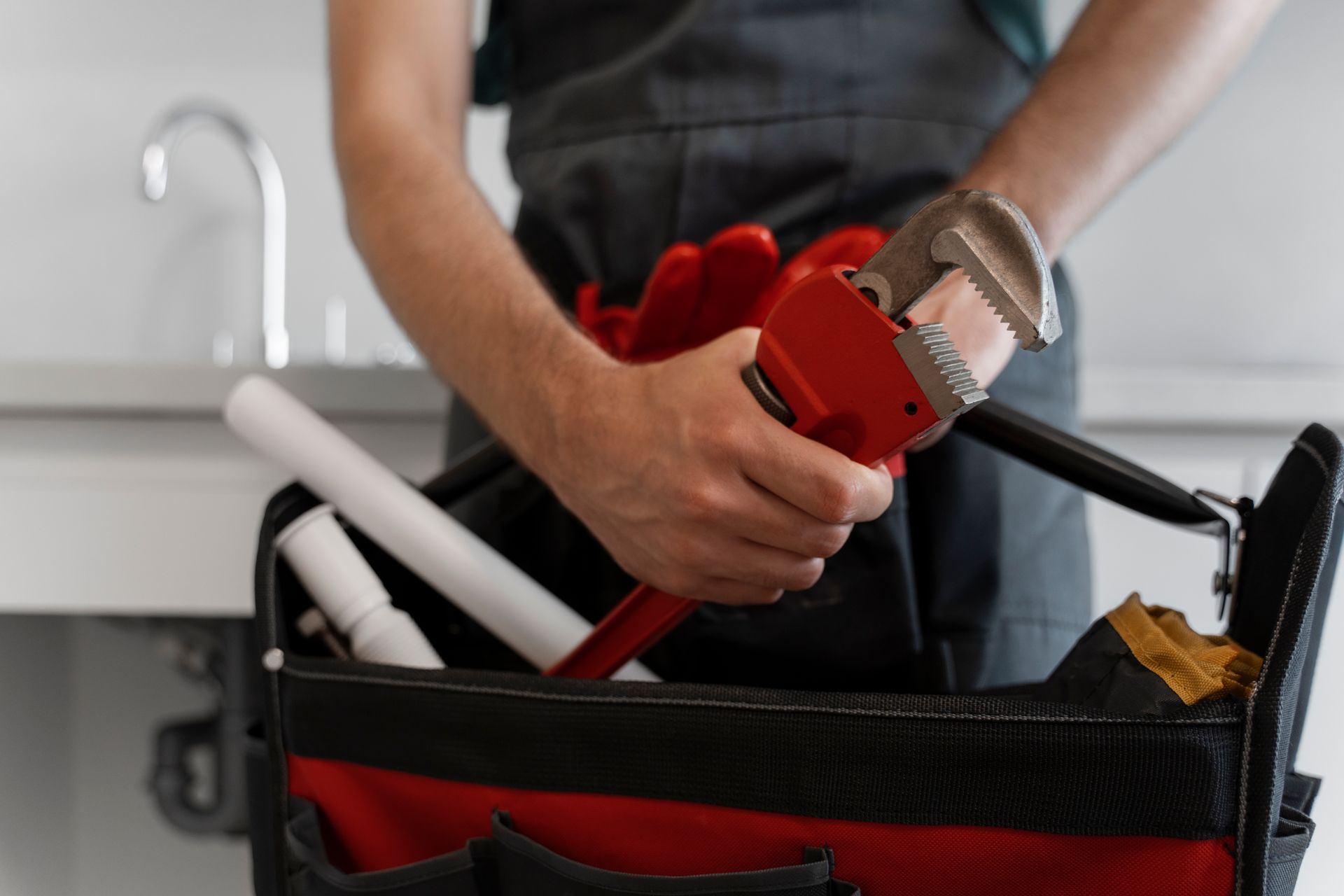What Causes Slow-Draining Sinks And How To Fix Them?
A slow-draining sink is more than just an inconvenience—it can be an early warning sign of plumbing problems that, if left unaddressed, may lead to costly repairs or serious fixture failures. Whether in the kitchen or bathroom, slow drainage disrupts daily activities and compromises comfort and sanitation. Understanding the common causes of slow sink drainage and knowing how to fix them can save homeowners time, money, and frustration. This article explores in depth the primary reasons sinks drain slowly and presents step-by-step solutions, including when it’s best to call professional services like All City Plumbers for expert drain clearing. Along the way, we’ll also touch on related plumbing issues such as how to properly fix water hammer noises in your pipes, which sometimes accompany drainage problems.
Common Causes of Slow-Draining Sinks
1. Clogs and Blockages in Drain Pipes
The most prevalent cause of slow drainage is clogging inside the pipe system, typically caused by the accumulation of hair, grease, soap scum, food particles, dirt, and other debris. These materials can adhere to the walls of your plumbing pipes, gradually building up and narrowing the passage through which water flows.
The P-trap—a U-shaped pipe section situated beneath your sink—is often a hotspot for such blockages. Because it traps debris to prevent sewer gases from entering your home, it can become filled with gunk, causing water to drain slowly or even stagnate.
2. Mineral Buildup from Hard Water
Hard water containing calcium and magnesium deposits can cause scaling inside your pipes. Over time, these mineral deposits thicken and restrict water flow, leading to sluggish sink drainage. This buildup is less visible but equally harmful to your plumbing's efficiency.
3. Damaged or Deteriorating Pipes
Aging plumbing infrastructure may suffer from corrosion, cracking, or misalignment, each interfering with proper water flow. Rust or deteriorated pipes reduce the diameter of your plumbing pathways and can exacerbate slow drainage. Homes with outdated plumbing often experience frequent drainage issues that warrant professional evaluation.
4. Blocked or Faulty Vent Pipes
Your plumbing vent system equalizes pressure and allows wastewater to flow smoothly. If vent pipes become blocked by debris, animal nests, or ice, they can create a vacuum effect that interferes with drainage. Slow water movement and gurgling noises are signs of venting issues that require inspection.
5. Tree Root Intrusions
Tree roots naturally seek water and can infiltrate sewer pipes through small leaks or cracks. Once inside, roots grow and expand, causing blockages that slow drainage across multiple fixtures, indicating severe plumbing emergencies that need immediate professional remediation.
How to Fix Slow-Draining Sinks
Sometimes, minor blockages can be resolved without professional intervention:
- Use a Plunger: A sink plunger can generate suction to dislodge trapped debris, improving flow.
- Drain Snake or Auger: A simple tool to extend into drains and agitate or pull out obstructions.
- Natural Cleaning Solutions: Combining baking soda and vinegar followed by hot water flushing can help dissolve some buildup.
- Clean the P-Trap: Detaching and clearing the P-trap can physically remove trapped debris responsible for clogs.
When to Call Professionals like All City Plumbers
If these basic fixes don't restore your sink’s drainage or if multiple drains are slow, it’s prudent to contact professional plumbing services such as All City Plumbers. Their expert Drain Clearing services employ specialized equipment like motorized snakes and hydro jetting to completely clear stubborn blockages unreachable by household methods.
Professional plumbers can also inspect vent pipes and replace damaged sections, or diagnose and remedy larger problems like sewer line intrusions or pipe corrosion.
Maintenance Tips
Prevent slow drains by avoiding grease or food particle disposal down kitchen sinks, using drain strainers, and scheduling periodic inspections.
Addressing Related Plumbing Issues: Fixing Water Hammer Noises
Although not a direct cause of slow drains, water hammer noises are often a sign of disruptive water pressure or loose plumbing components, which can indirectly affect your system’s health. To maintain a quiet, efficient plumbing system, it is essential to properly fix water hammer noises in your pipes. This usually involves installing water hammer arrestors or securing pipes professionally—services best performed by expert plumbers to prevent damage and prolong your plumbing’s lifespan.
Conclusion
Slow-draining sinks arise mainly from clogs, mineral buildup, deteriorating pipes, vent blockages, or even tree root intrusions. Homeowners can address minor blockages using plungers, drain snakes, or natural cleaners, but persistent issues or larger plumbing problems call for professional Drain Clearing expertise offered by companies like All City Plumbers. Simultaneously, maintaining your entire plumbing system, including resolving noises such as water hammer correctly, ensures efficient and trouble-free operation. With timely action and proper care, your sinks and plumbing can function seamlessly, sparing you from frustrating slow drains and costly repairs.

